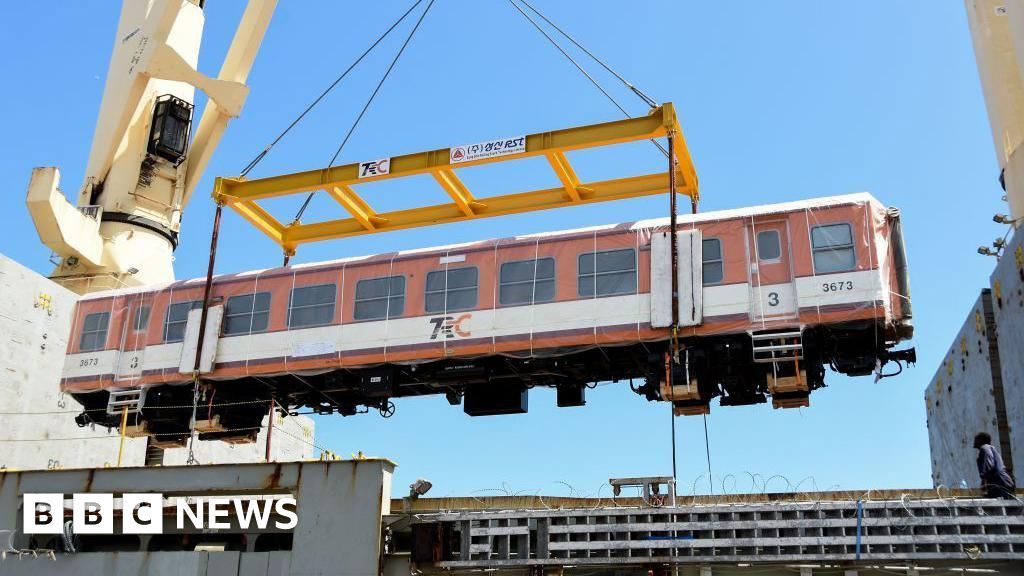As everyone was expecting, Israel’s retaliation for the Iranian ballistic missiles attack of 1 st October was launched last Friday night. Some 140 IDF warplanes attacked roughly 20 targets including Islamic Republican Guard Corps missile launching sites and bases and also air defence (AD) locations.
According to the IDF all its planes returned safely, which tells you everything about their complete superiority in the air. The message to Iran’s leadership is quite clear; the Israelis can do what they want and when they want, and there is little the Iranians can do about it.
The choice of targets was sensibly constrained, probably after much urging from the USA. Iran’s nuclear facilities and petroleum production apparatus were left untouched. But it’s obvious that they could have targeted those too if they had so chosen.
Targeted were locations around Tehran and western Iran, including vital air defence assets and facilities involved in the Iranian drone and missile programmes. Specifically the Israelis struck four S-300 air defence batteries, which are among the most advanced air defence system that Iran operates.
The IDF success here highlights the relative vulnerabilities of the S-300 to advanced platforms like the F-35 fighter jet. The IDF also hit defence industrial sites, such as the Parchin and Khojir facilities near the capital Tehran. These belong to the Islamic Revolutionary Guards Corps (IRGC) and Defence and Armed Forces Logistics Ministry, which use them to develop advanced weapons systems.
Iran has used Parchin previously for tests in support of its nuclear weapons programme. Although there are no known nuclear activities currently at the Parchin and Khojir complexes, the IDF strikes could impede Iranian progress toward a nuclear weapon, given the role that these facilities might have in building a nuclear delivery system.
The IDF strikes could also disrupt the Iranian ability to build missiles and send them to its partners, such as Russia, Hezbollah, and the Houthis in Yemen. Iran may now need to buy new equipment from elsewhere, possibly China. That could take years, imposing significant delay on hampering their ability to replenish its missile stockpiles and those of its allies in the Axis of Resistance.
Typically, the Iranians have downplayed the damage that the IDF clearly inflicted. The regime boasted that it prevented IDF aircraft from entering Iranian airspace and that the strikes had only a limited impact, which is pure state propaganda. The strikes did kill four individuals from the Iranian regular armed forces – as distinct from the IRGC - presumably at the air defence sites that the IDF struck.
The Iranian Foreign Affairs Ministry responded by saying that Iran has the “right and duty to defend itself against foreign acts of aggression.”
What will mainly concern Iran, though, is the realisation that its leadership is vulnerable to decapitation similar to that recently meted out to its proxies in Hezbollah and Hamas. The end of their regime which such an Israeli action would precipitate is not something they will wish upon themselves.
So I think Tehran might be well advised now to leave things as they are and not seek to respond once more in a tit-for-tat exchange.
The Iranians know that they cannot win a military contest with Israel, and a return to their sub-conflict posture of “strategic patience” is probably their best bet for survival at the moment.
Whether the hotheads in the Iranian government agree is another matter altogether. And, of course, the Israelis have a say in the future as well.
Lt Col Stuart Crawford is a political and defence commentator and former army officer. Sign up for his podcasts and newsletters at www.DefenceReview.uk

 3 weeks ago
5
3 weeks ago
5









 English (US) ·
English (US) ·